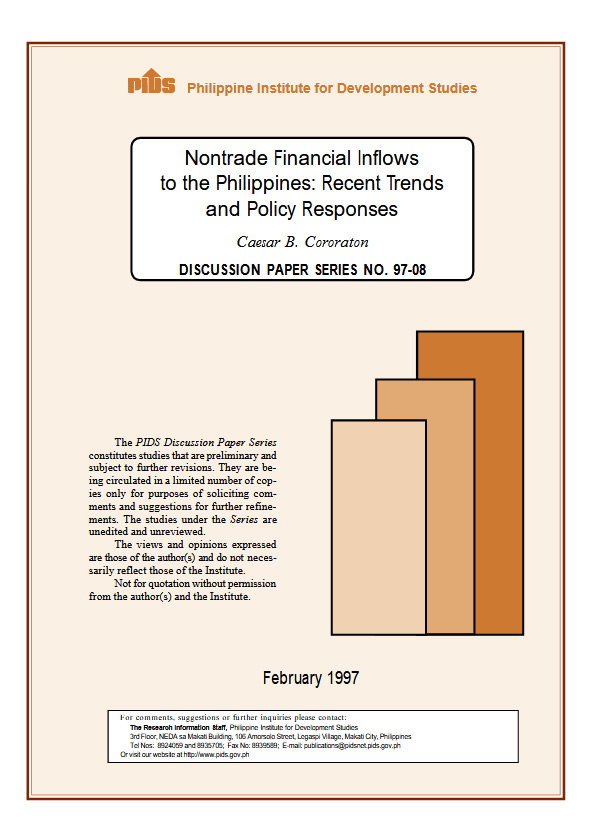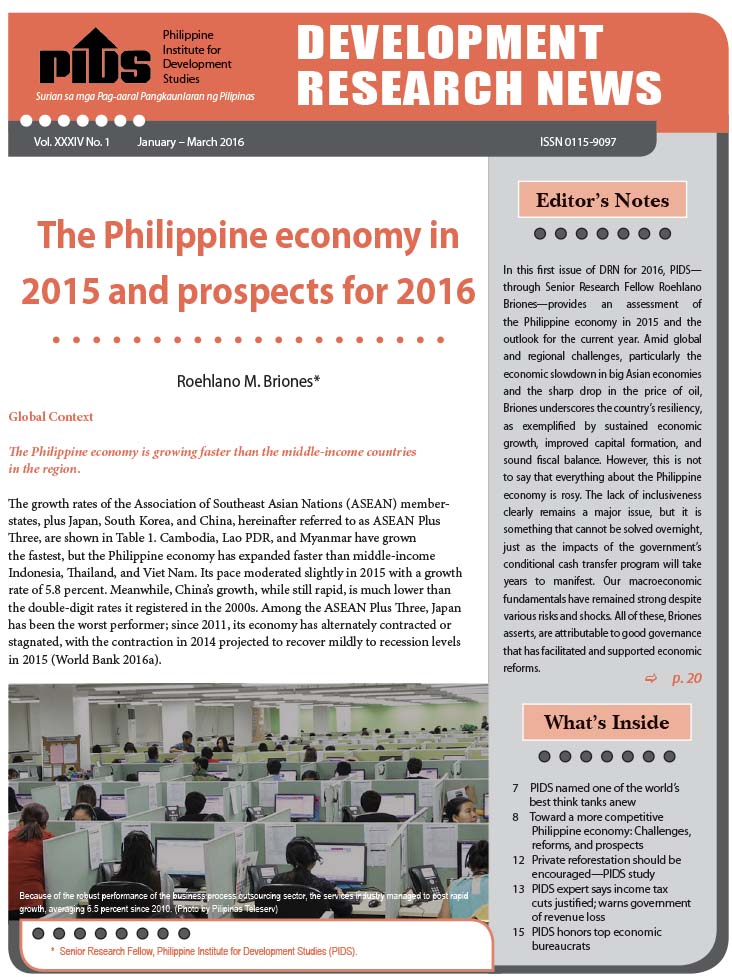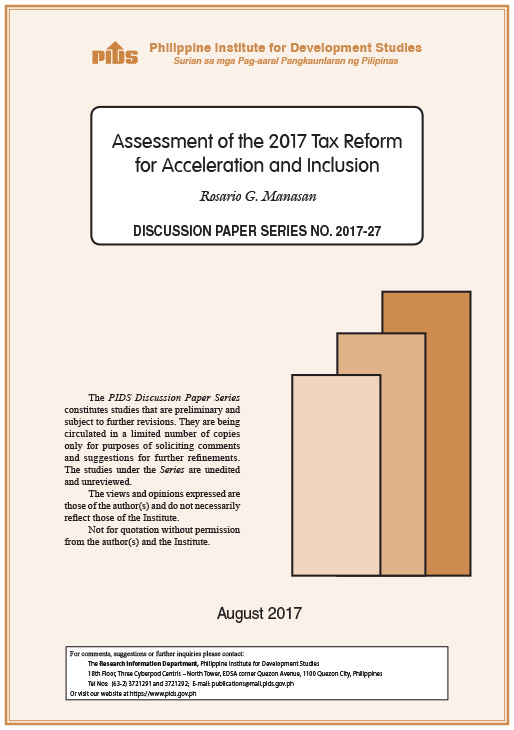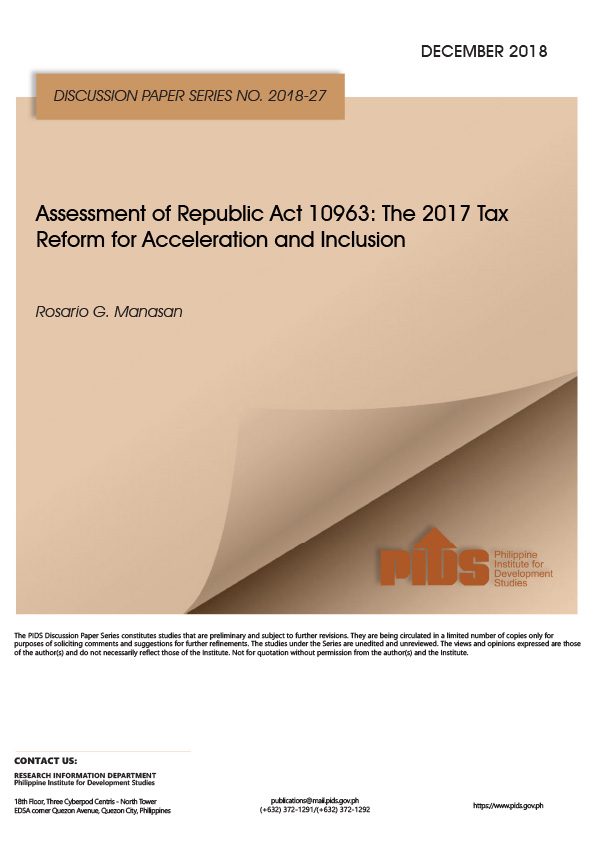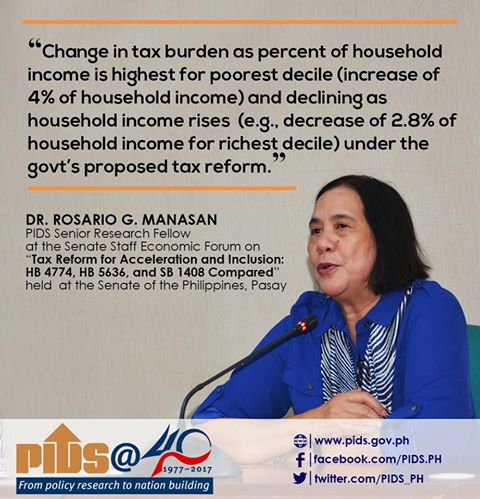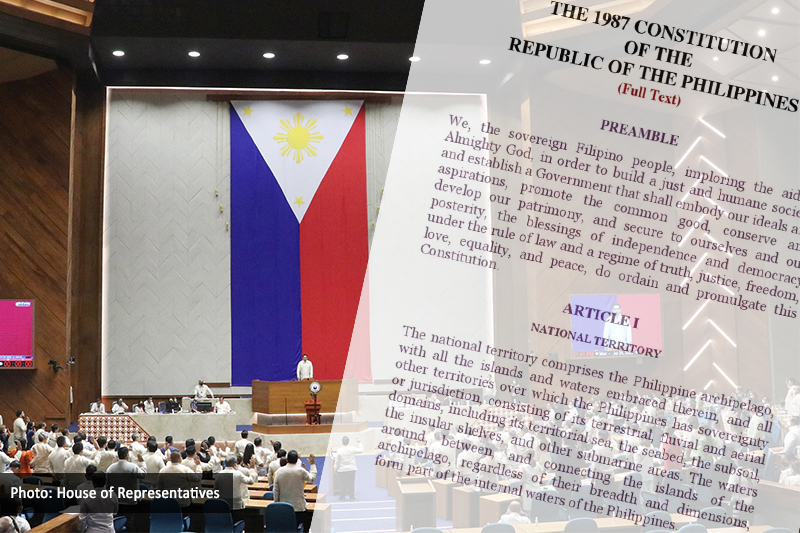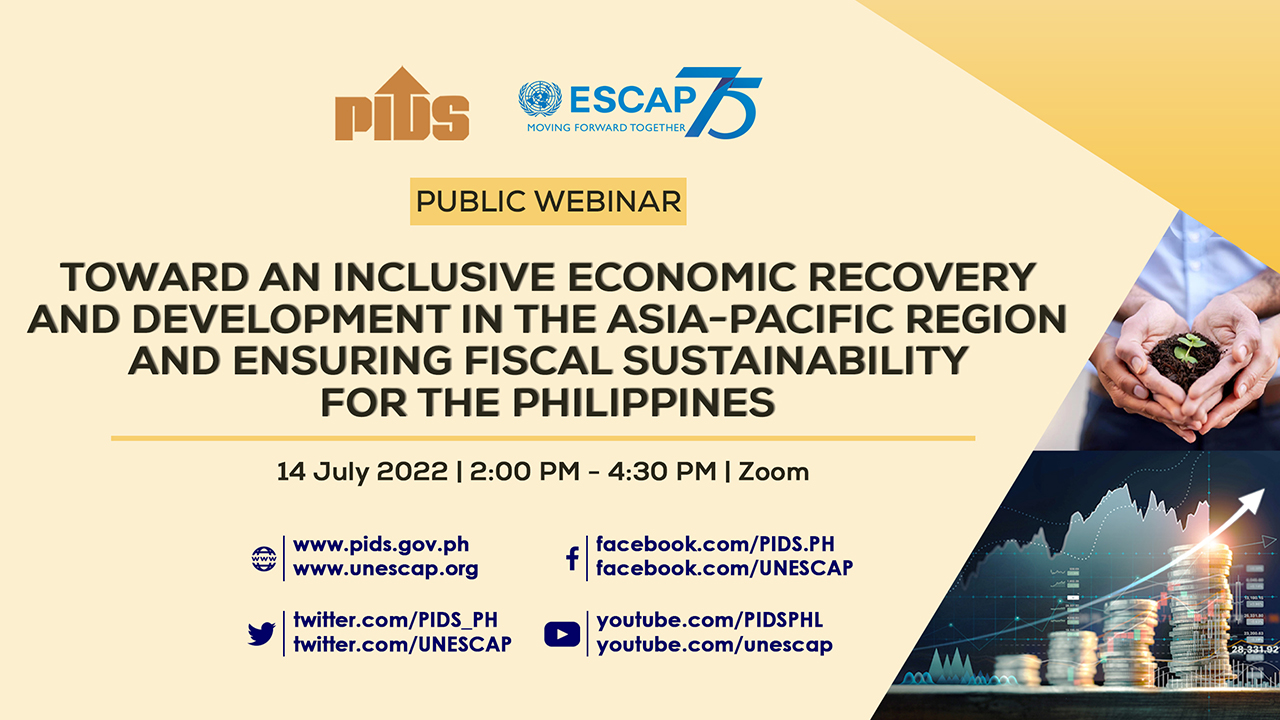While the Philippines has enjoyed a sharp increase in non-trade financial inflows since 1980s, analysis shows that the experience is not unique, as it has been observed to occur in most developing countries. By conducting regression experiments relating the remittances of personal income with its probable determinants, the study is able to provide a number of policy insights useful as inputs in future policy formulation. Analysis of the impact of inflows on the sequencing of economic reform indicates that financial sector reform has been more aggressive relative to the real sector reform. Unless the latter keeps pace with the former, policy responses to the surge in foreign exchange inflows may not moderate its adverse effects to the general economy.

